
Think Bottled Water Is Safer Think Again

When you reach for a bottle of water, you're likely thinking it's a cleaner, safer, and more premium choice than tap. The packaging evokes purity—crystal-clear streams, pristine mountains, and health. But here’s the eye-opening reality:
Roughly 64% of bottled water sold in the U.S. comes directly from municipal water supplies—yes, that’s tap water.
In many cases, it’s barely treated or filtered before it's sealed in plastic and sold at a significant markup. Even more troubling, some bottled water brands have exceeded contamination limits set by regulatory agencies.
So, are we really getting what we’re paying for?
🚩 The Bottled Water Brands Under Scrutiny
Not all bottled water is created equal. While some companies invest in serious purification processes, others have come under fire for safety and transparency issues.
❌ Walmart’s Sam’s Choice
This private-label brand has been criticized for exceeding California’s bottled water safety standards. Despite its premium positioning, its quality has fallen short of expectations—and regulations.
❌ Giant Food’s Acadia
Acadia, another budget-conscious bottled water brand, has raised red flags with contamination concerns. In some cases, the water has reportedly contained impurities that would not be acceptable in municipal tap water.
These cases highlight a disturbing trend: misleading marketing and a lack of industry accountability.
✅ Brands That Prioritize Transparency and Safety
Not all companies are cutting corners. Some brands take the purification process seriously and are transparent about their sources:
-
Gerber Pure Purified Water
-
Nestlé Pure Life Purified Water
-
Penta Ultra-Purified Water
These brands have earned a better reputation thanks to their use of reverse osmosis, ozonation, and multi-stage filtration, along with clear labeling and accessible water quality reports.
In an industry where vague promises are common, transparency and scientific rigor stand out.
💧 Bottled vs. Tap: Which Is Actually Safer?
Here’s the twist most people don’t expect: U.S. tap water is often more strictly regulated than bottled water.
Tap Water: EPA-Regulated
-
Overseen by the Environmental Protection Agency (EPA)
-
Subject to rigorous and frequent testing
-
Must meet strict standards for over 90 contaminants
-
Results are publicly available in Consumer Confidence Reports
Bottled Water: FDA-Regulated
-
Regulated by the Food and Drug Administration (FDA)
-
Less frequent and less stringent testing
-
Loopholes exist for certain products, especially those sold in-state only
-
No requirement to publicly disclose test results
Shocking Studies:
Recent investigations have found that some bottled waters may contain:
-
Arsenic
-
Microplastics
-
Industrial chemical byproducts
All wrapped in a label that promises "purity."
💸 The Hidden Costs of Bottled Water
-
Environmental Impact: Bottled water production and transportation generate millions of tons of plastic waste and carbon emissions each year.
-
Financial Waste: You're often paying 100–1,000 times more per gallon than you would for tap water—sometimes for the same source.
-
False Security: Marketing creates the illusion of purity, but doesn’t always guarantee safety.
✅ What You Can Do
If you want truly clean water:
-
Check your local tap water quality report. Most municipalities provide annual testing data.
-
Use a home water filter certified by NSF or the Water Quality Association.
-
Research bottled water brands before buying. Look for third-party certifications and detailed purification methods.
-
Invest in a reusable bottle to reduce waste and costs.
💬 Final Thoughts: Don’t Let Packaging Fool You
Bottled water may look pure, but the truth is murkier than many think. In many cases, you’re paying a premium for repackaged tap water, sometimes with added risks. Meanwhile, tap water—especially in the U.S.—is often safer, cheaper, and more eco-friendly.
Before you reach for the bottle, think twice. Your health, wallet, and planet may all benefit from a more informed choice.
News in the same category


Homeowner Resumes Backyard Treasure Hunt
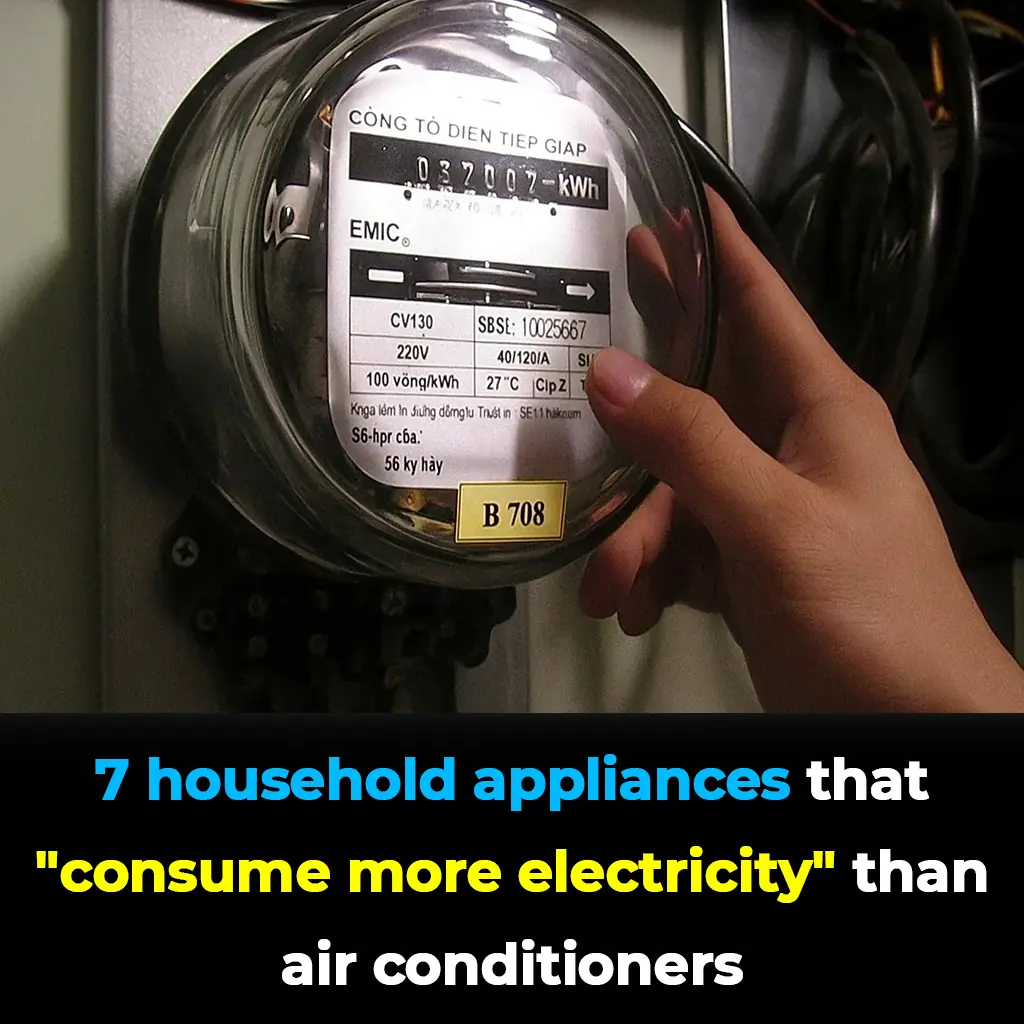
7 Household Appliances That Drain More Power Than Your Air Conditioner—And Why I Regret Owning Them All
From constant-use devices like refrigerators to high-powered kitchen tools, every household has hidden electricity traps.
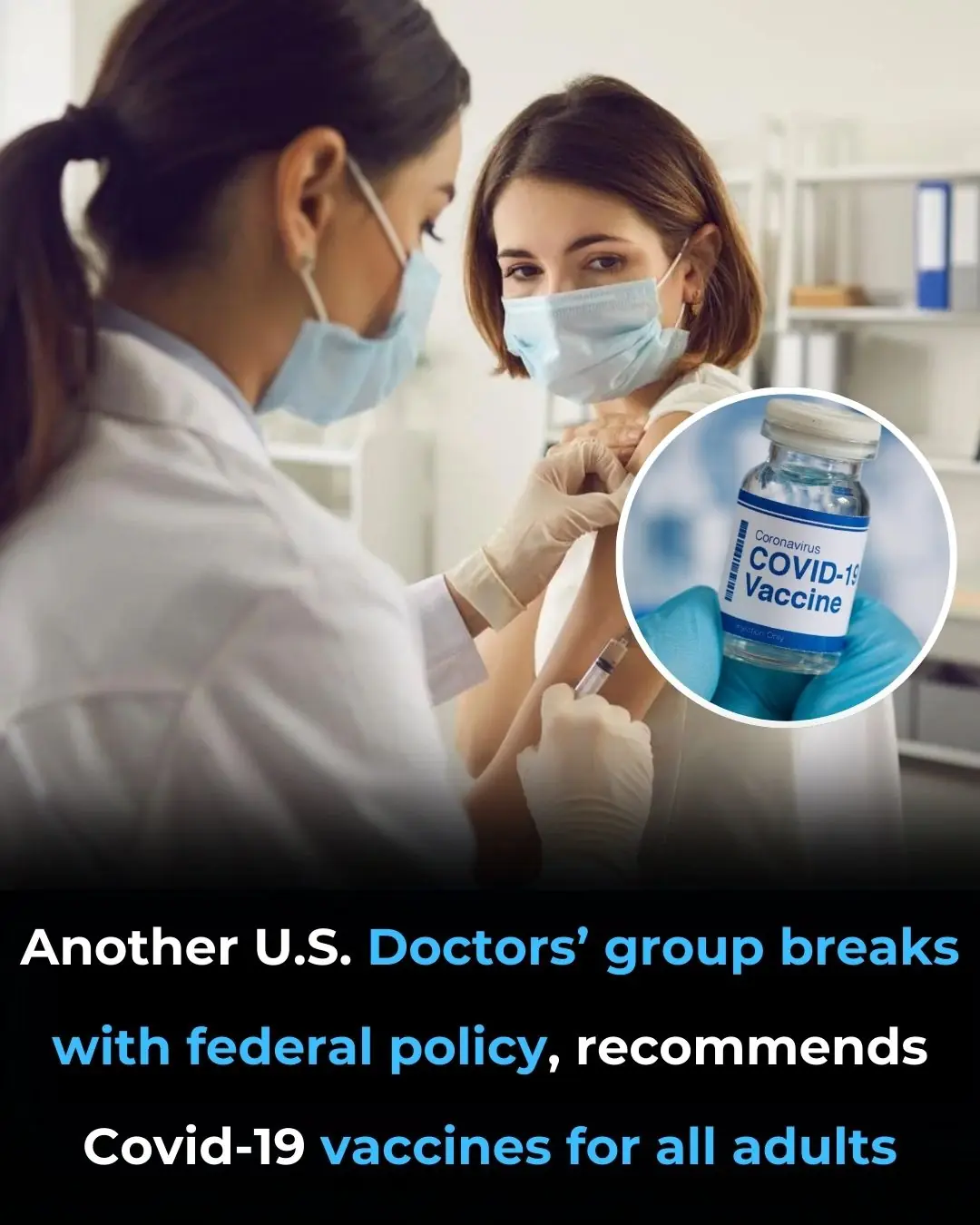
Another US doctors’ group breaks with federal policy, recommends COVID-19 vaccines for all adults

Donald Trump Says There Could Be People in Epstein Files Who ‘Don’t Deserve to Be’ There in Shocking Statement
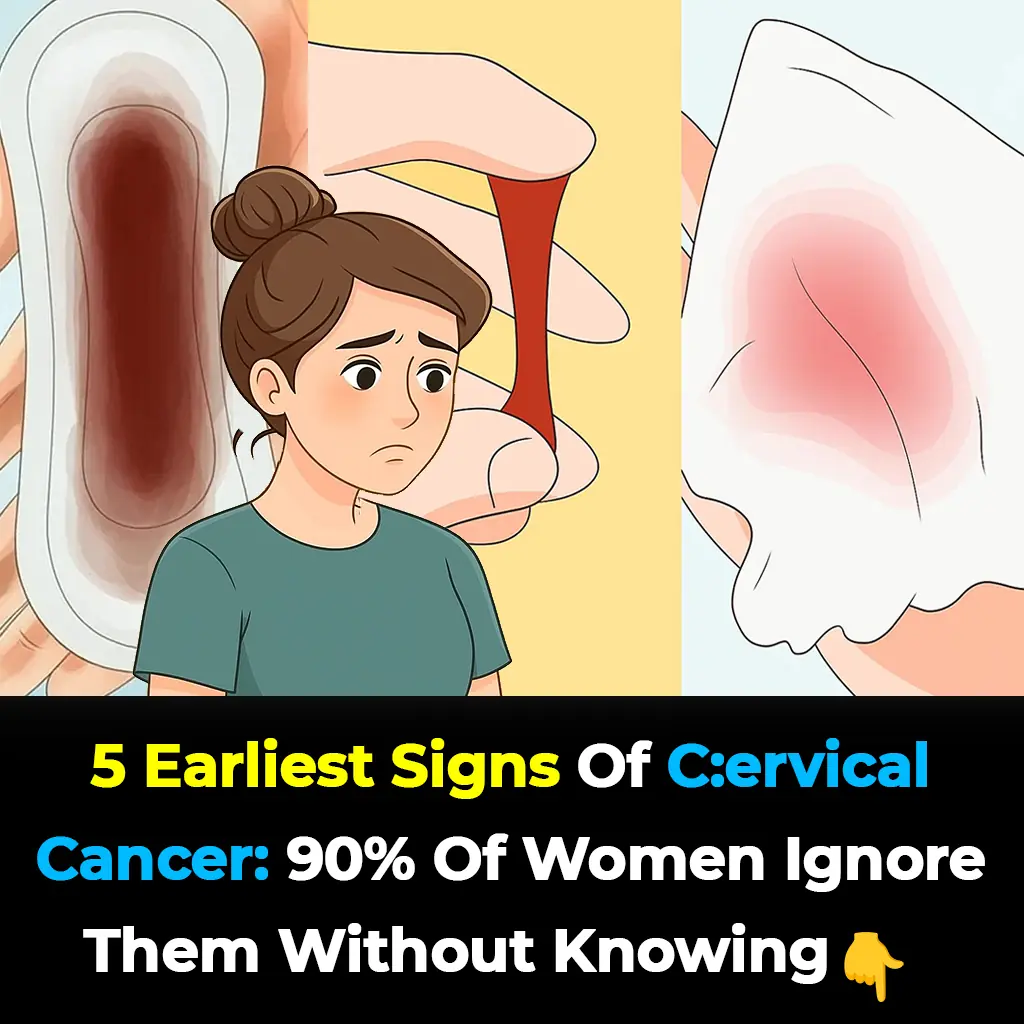
5 Early Warning Signs of Cervical Cancer That 90% of Women Overlook
Cervical cancer is not a silent killer—it sends out warnings. The challenge is whether women notice and act on them in time.

8 Shocking Toilet Clues That Could Signal Cancer: Don’t Ignore These Early Warnings
Many people dismiss subtle changes in bathroom habits as minor or temporary issues. However, certain unusual signs when you go to the toilet could be early red flags of serious health problems. Recognizing them in time can make the difference between earl
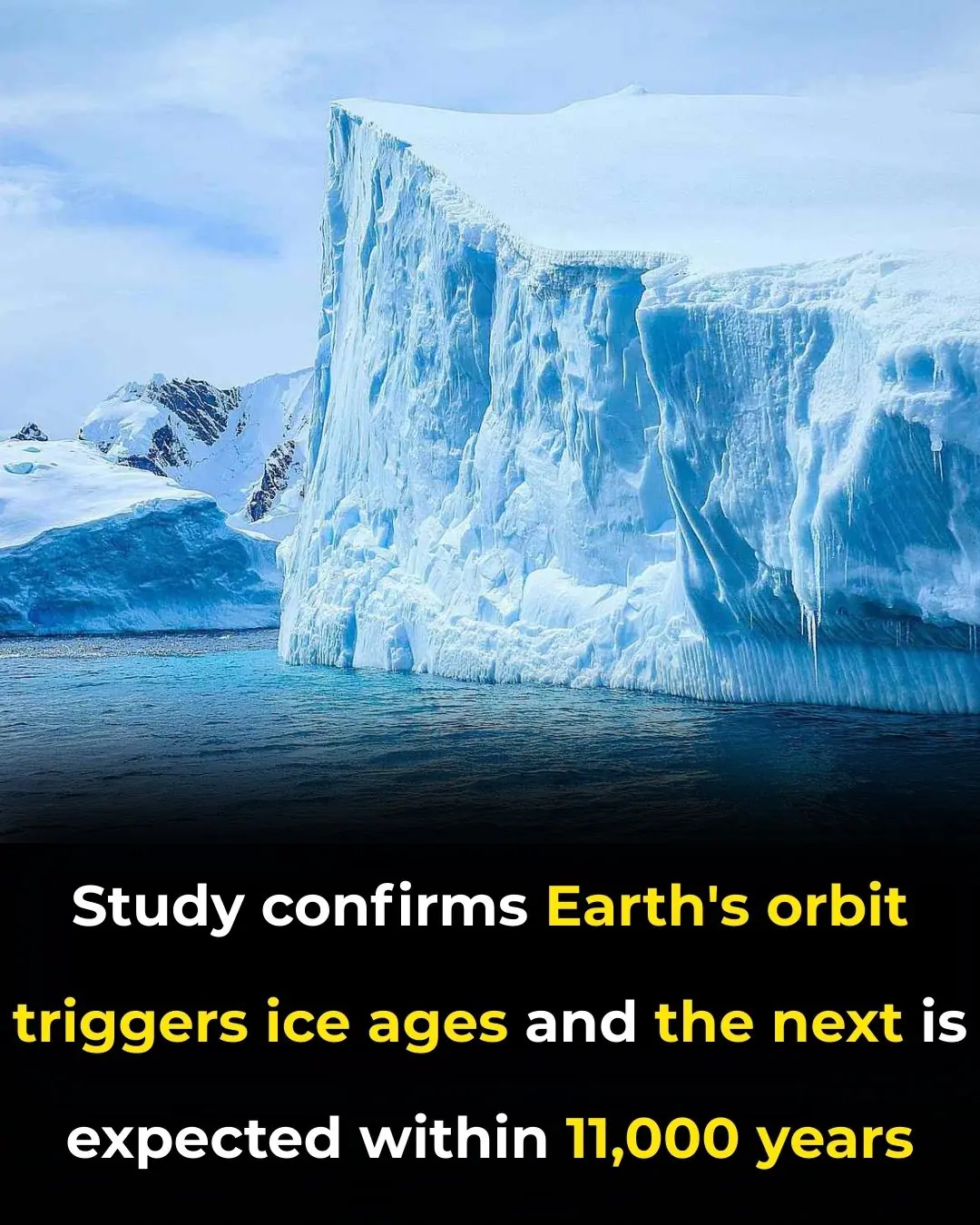
Study Reveals How Earth’s Orbit Triggers Ice Ages, And There’s One in The Next 11,000 Years

This 3,200-Year-Old Tree Is So Big, It’s Never Been Captured In A Single Photograph…

Travel Coast-to-Coast by Train and See America’s Greatest Sites For Just Over $200

Descend Into the Heavenly Pit: Exploring Xiaozhai Tiankeng, the World’s Deepest Sinkhole

The Walking Trees of Ecuador: They Reportedly Move Up to 20 Meters Per Year

How to See Halos, Sun Dogs and Other Delights of the Daytime Sky

When someone in the family passes away, you should know that you should not keep these 4 relics for your children and grandchildren.

Student dies by suicide after undergoing a beard transplant in Turkey from an ‘estate agent posing as a surgeon’

The Sun Begins Killing off Elon Musk’s Starlink Satellites as Scientists Sound Alarm
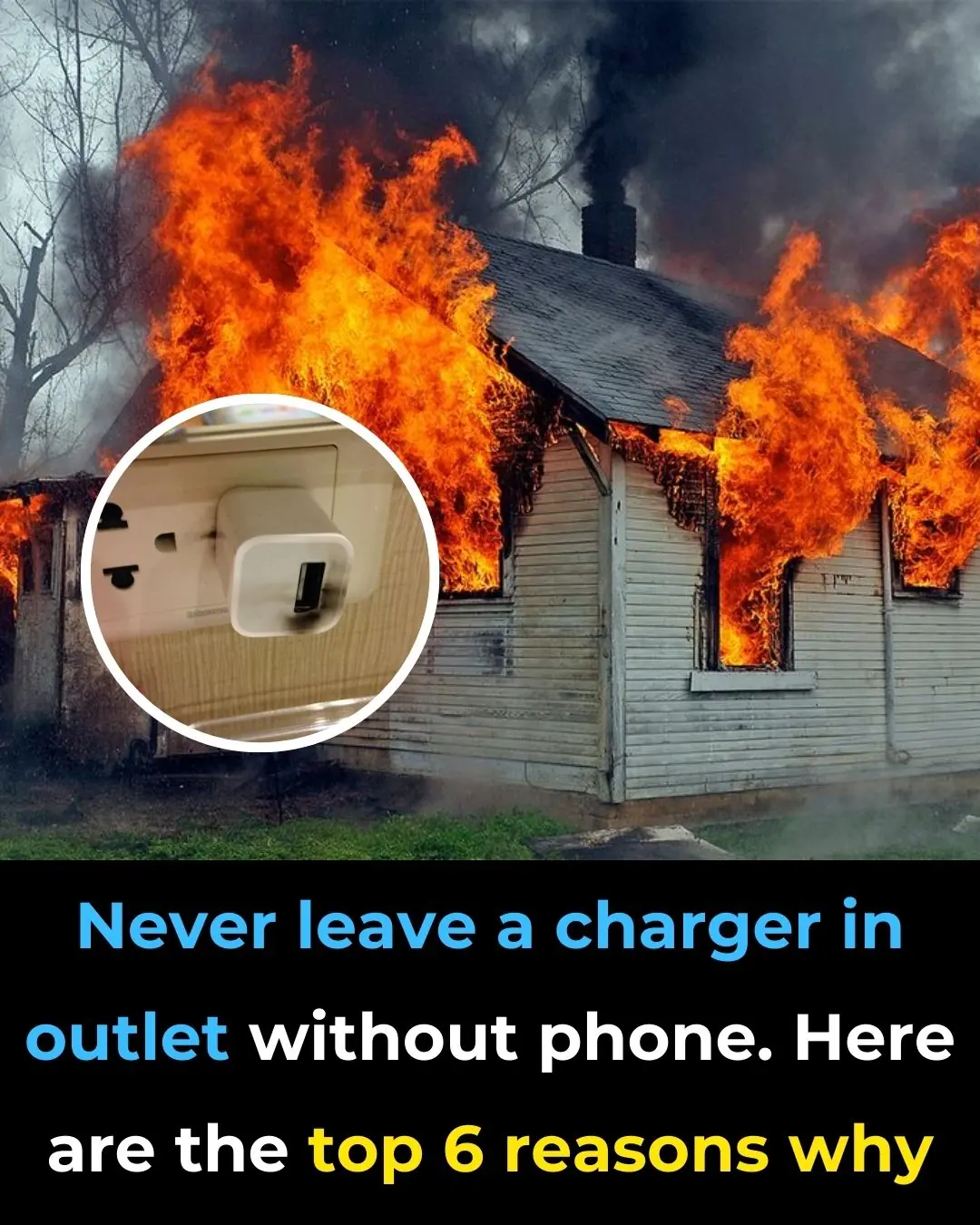
Never Leave a Charger in Outlet Without Phone. Here Are the Top 6 Reasons Why
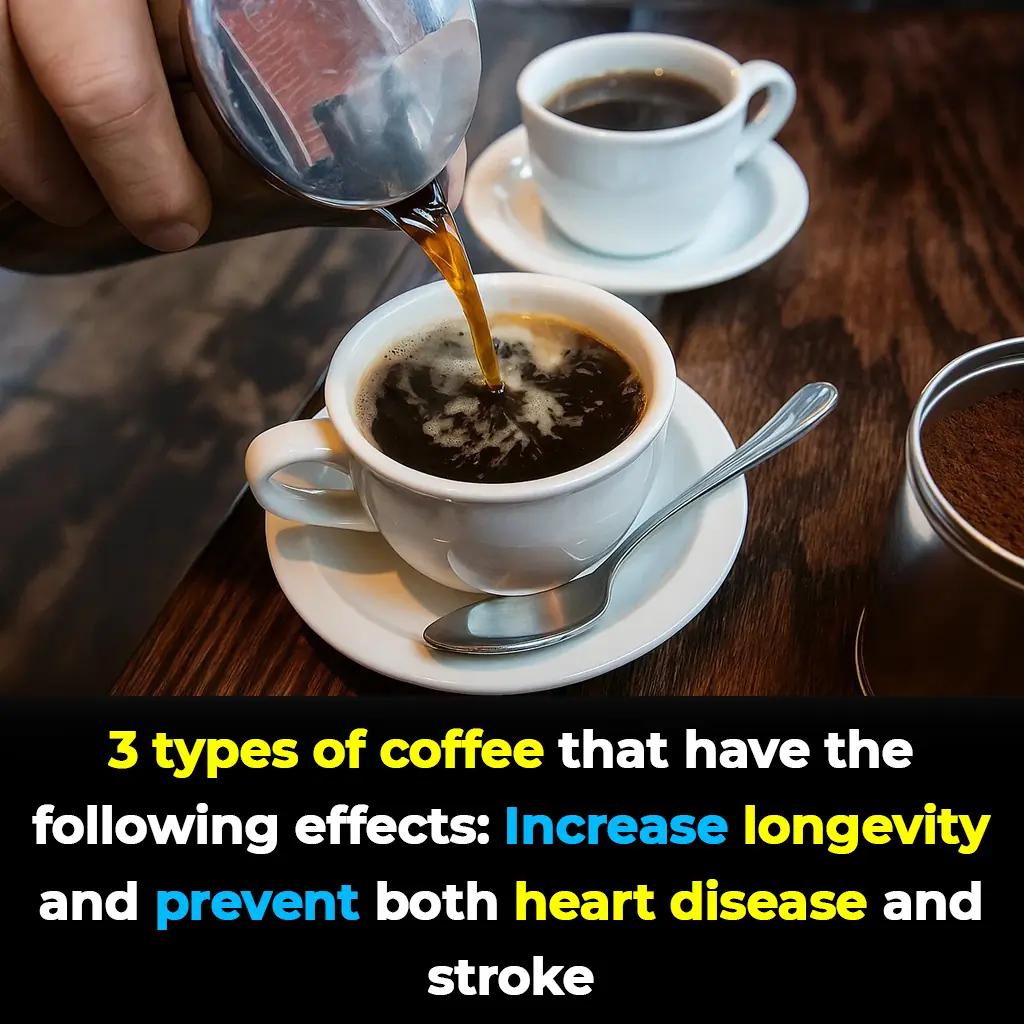
3 Coffee Types That Can Add Years to Your Life and Shield You from Heart Disease and Stroke
Enjoying two to three cups of ground, instant, or decaf coffee daily can be a powerful step toward a longer and healthier life.
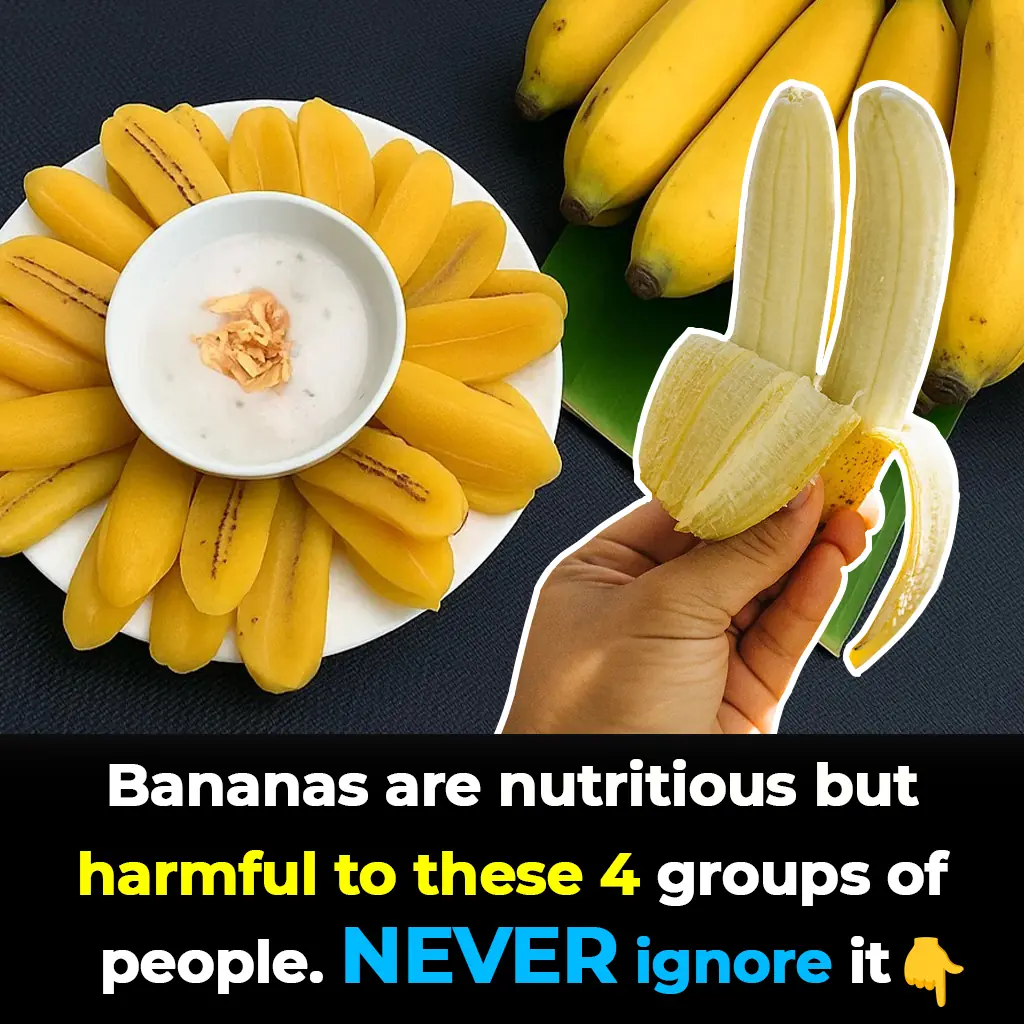
Bananas Are Packed With Nutrients, But These 4 Groups Should Avoid Eating Too Many
Bananas are undeniably one of the most versatile and beneficial fruits. From boosting digestion to supporting heart health, they offer a wide range of nutrients. However, they are not suitable for everyone.
News Post
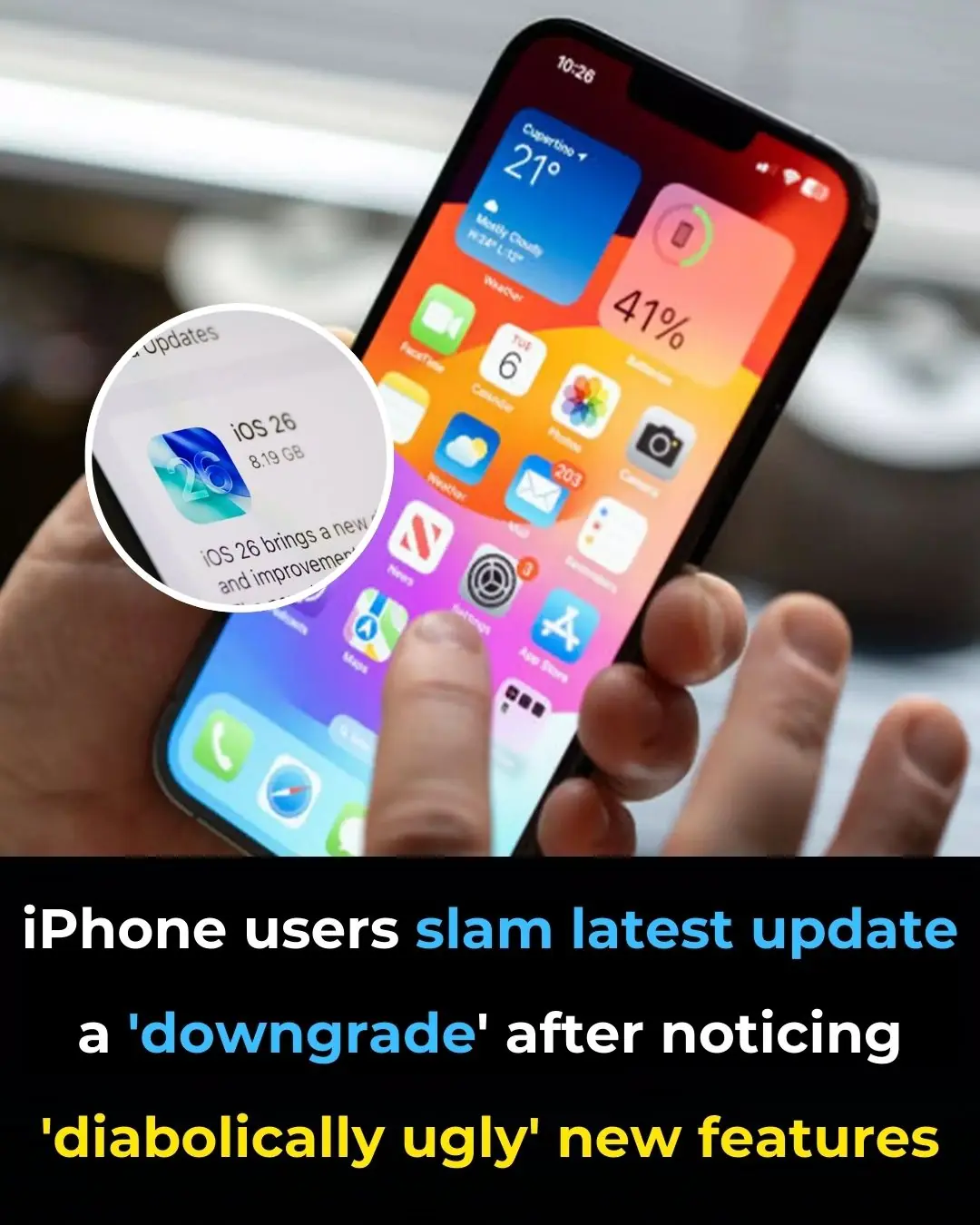
iPhone users slam latest update a 'downgrade' after noticing 'diabolically ugly' new features
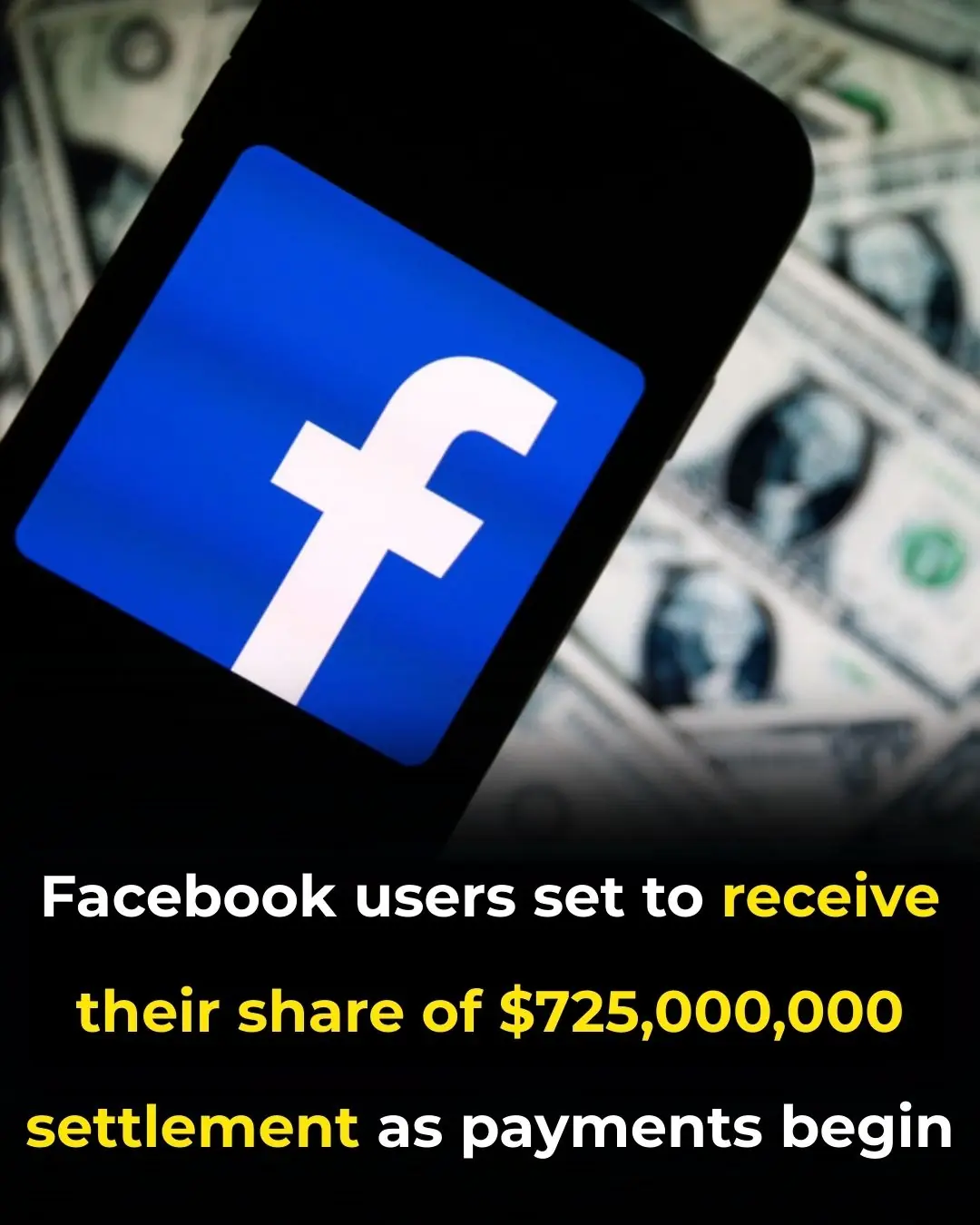
Facebook users set to receive their share of $725,000,000 settlement as payments begin

Woman sends thousands of dollars to 'stranded astronaut' who was 'suffocating in space'

iPhone users warned to do one thing before updating to iOS 26

Guy Mocked for Dating 252-lb Woman

Homeowner Resumes Backyard Treasure Hunt
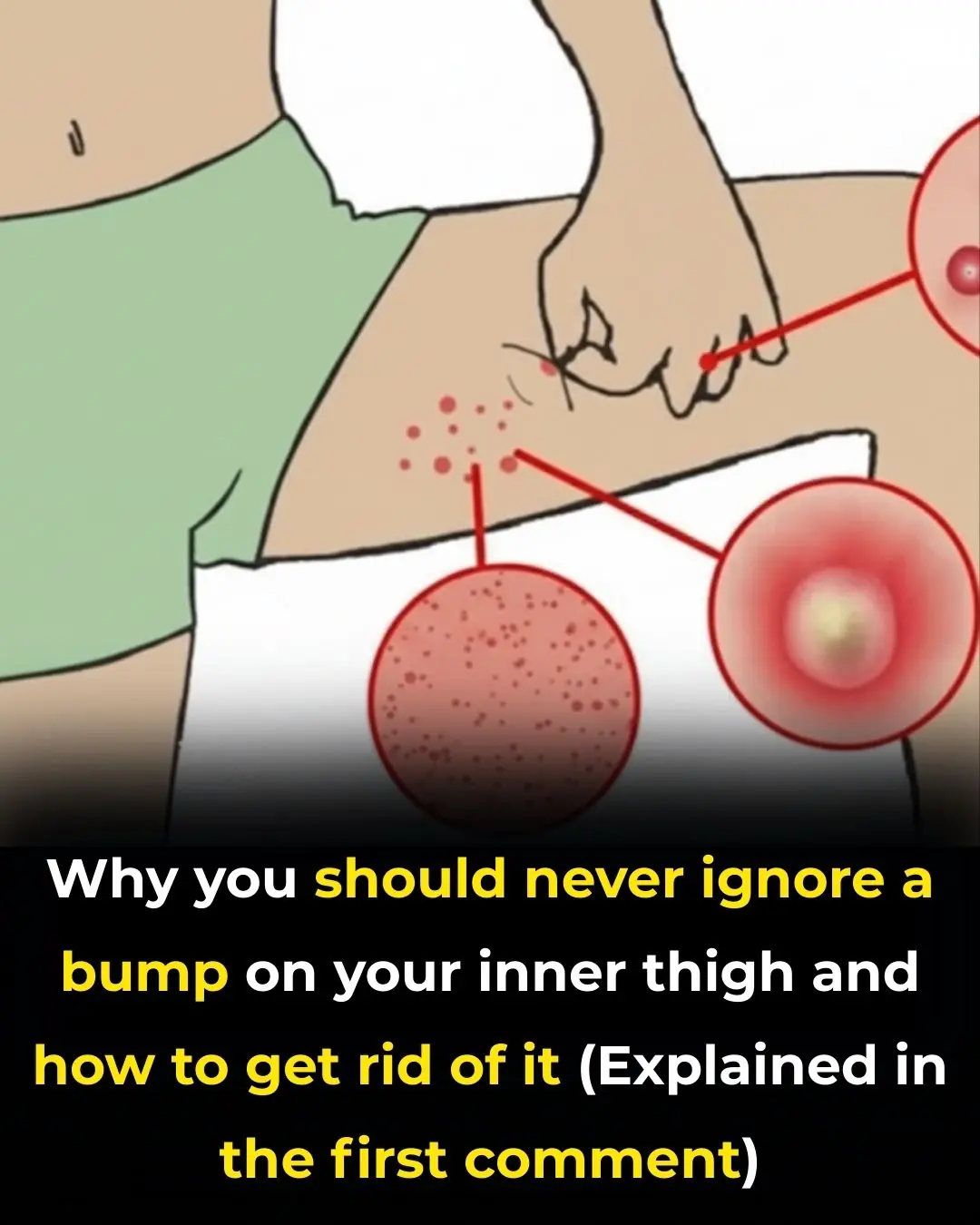
The Most Effective Ways to Get Rid of Bumps on Inner Thigh (Backed by Science)
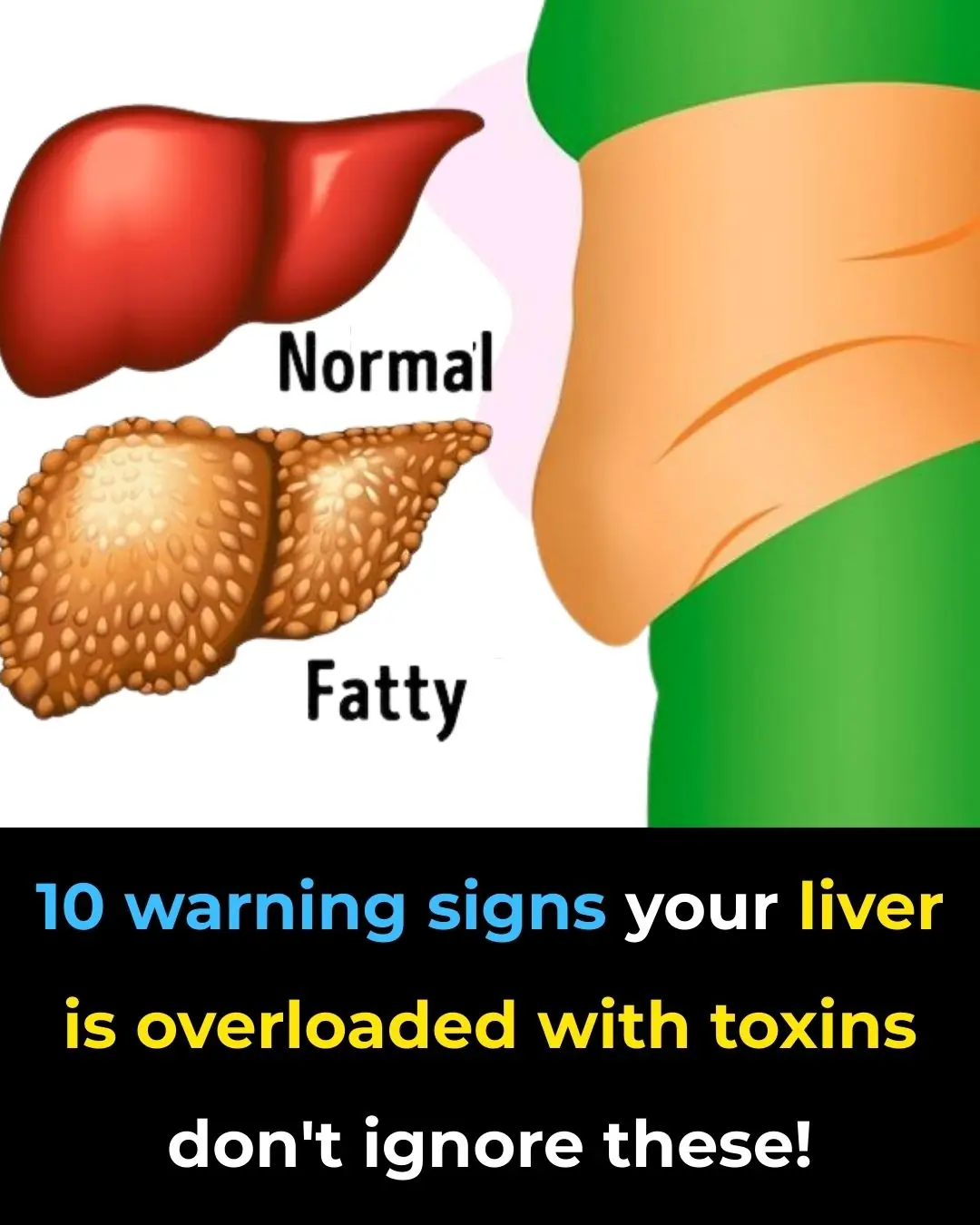
Early Signs of Liver Damage & How to Strengthen Your Liver
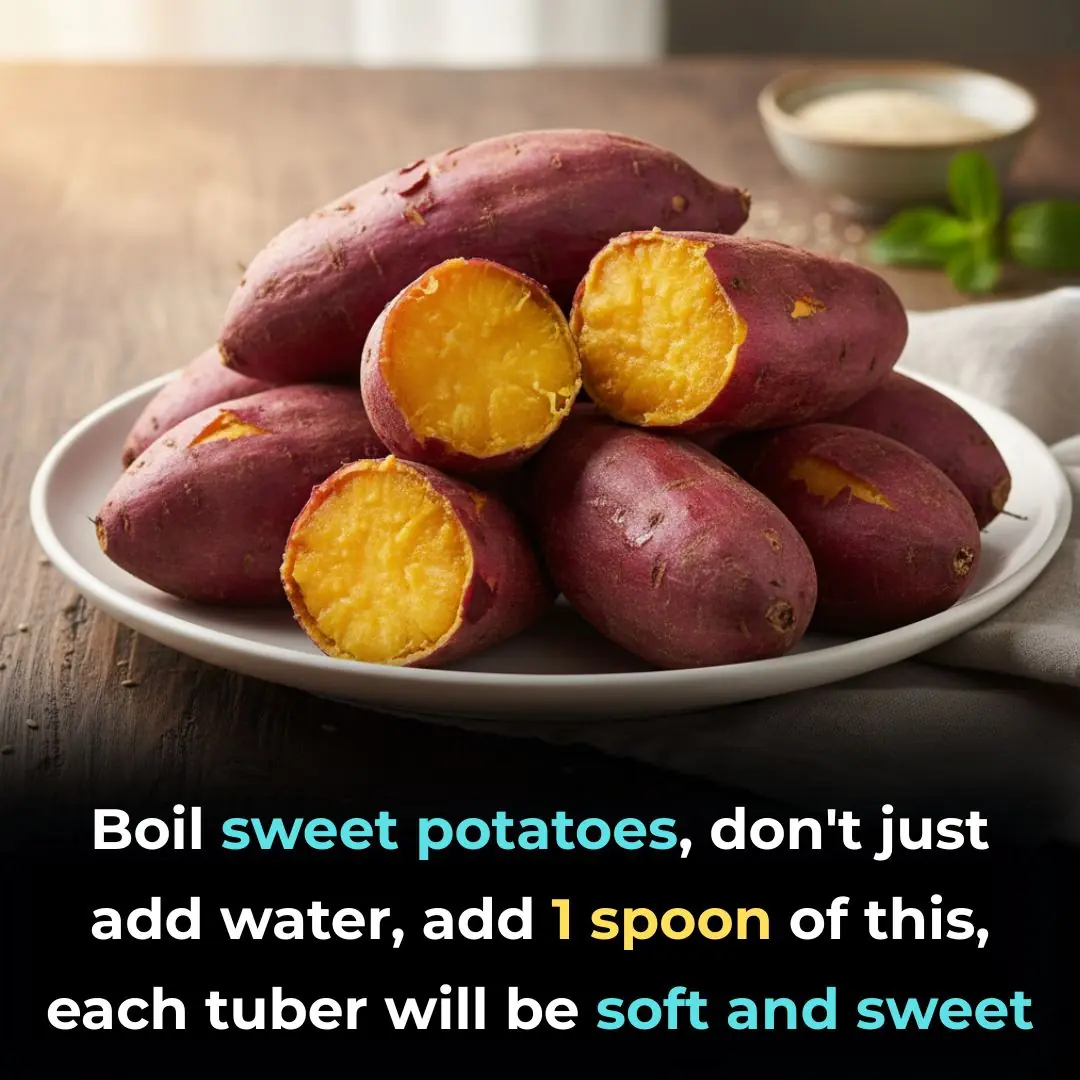
Boil sweet potatoes, don't just add water
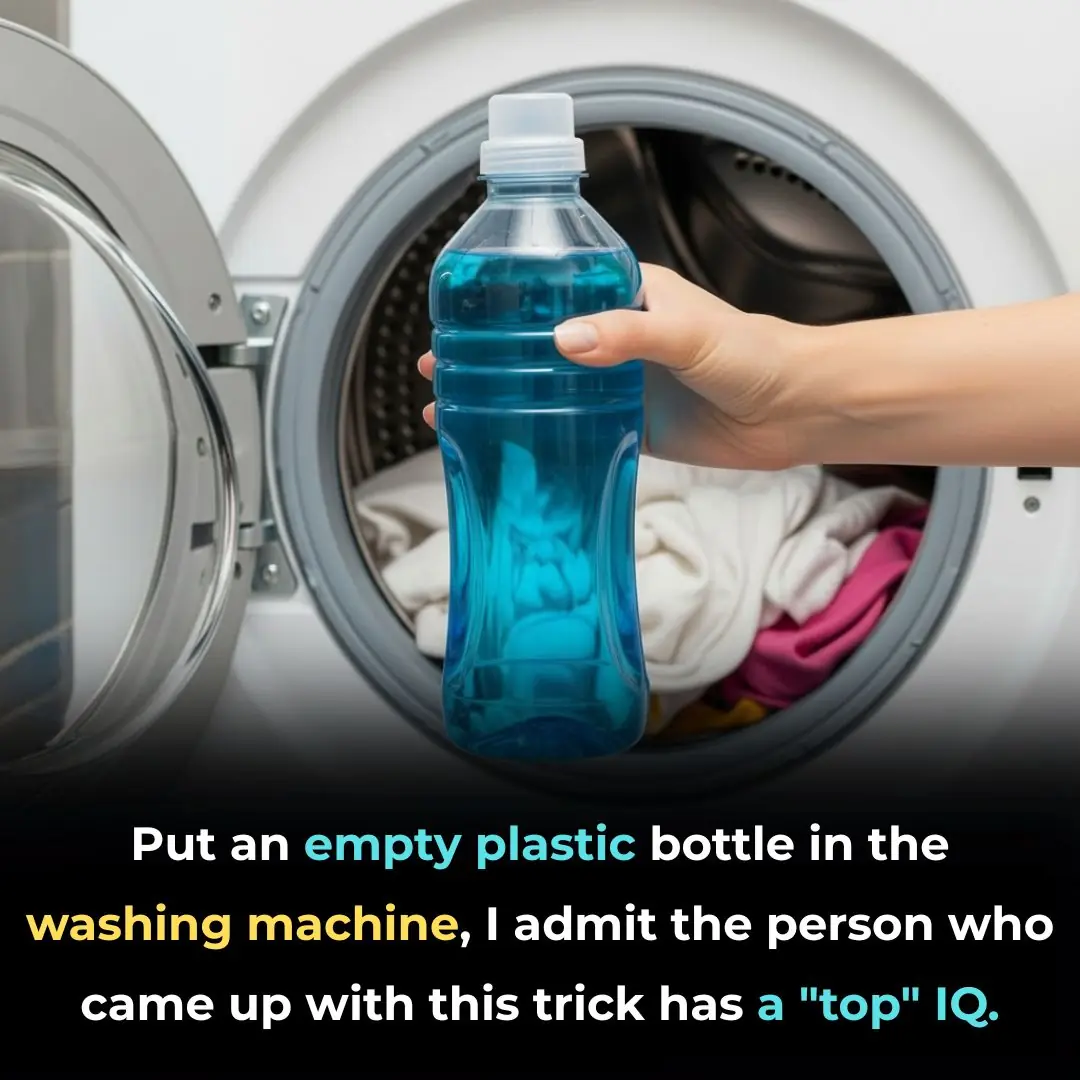
Why do old people often have many spots on their bodies?
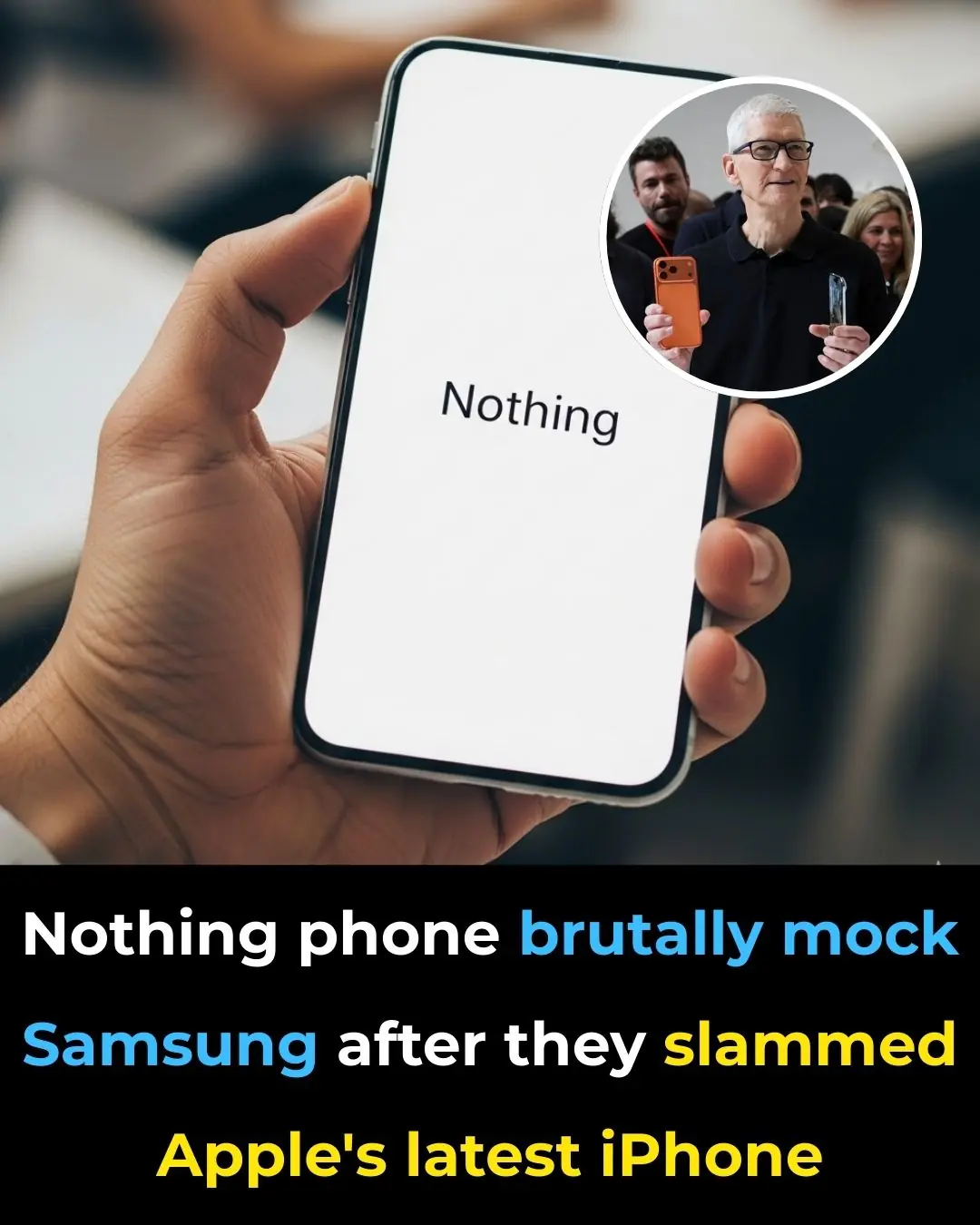
Nothing phone brutally mock Samsung after they slammed Apple's latest iPhone
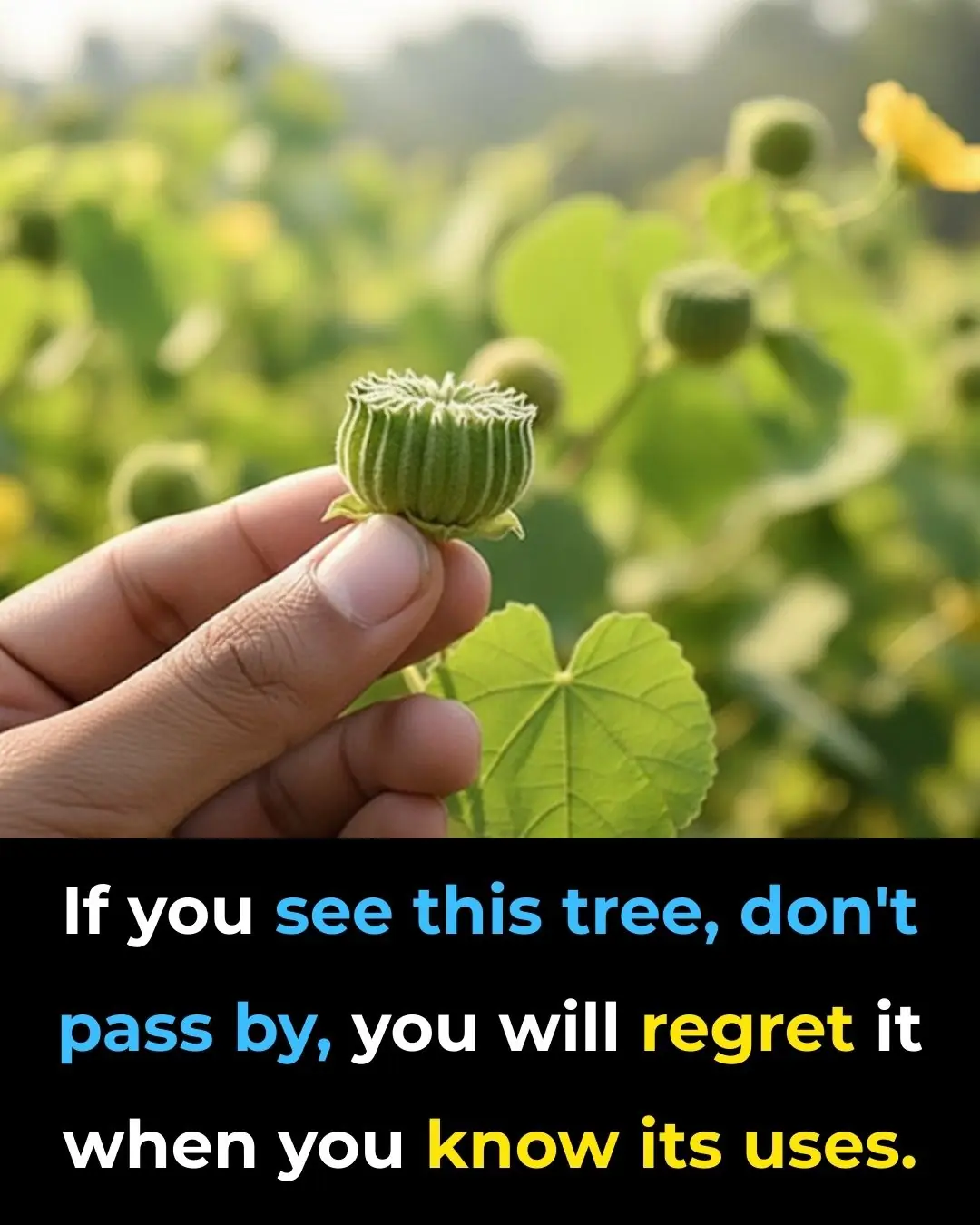
Medicinal uses of the plant
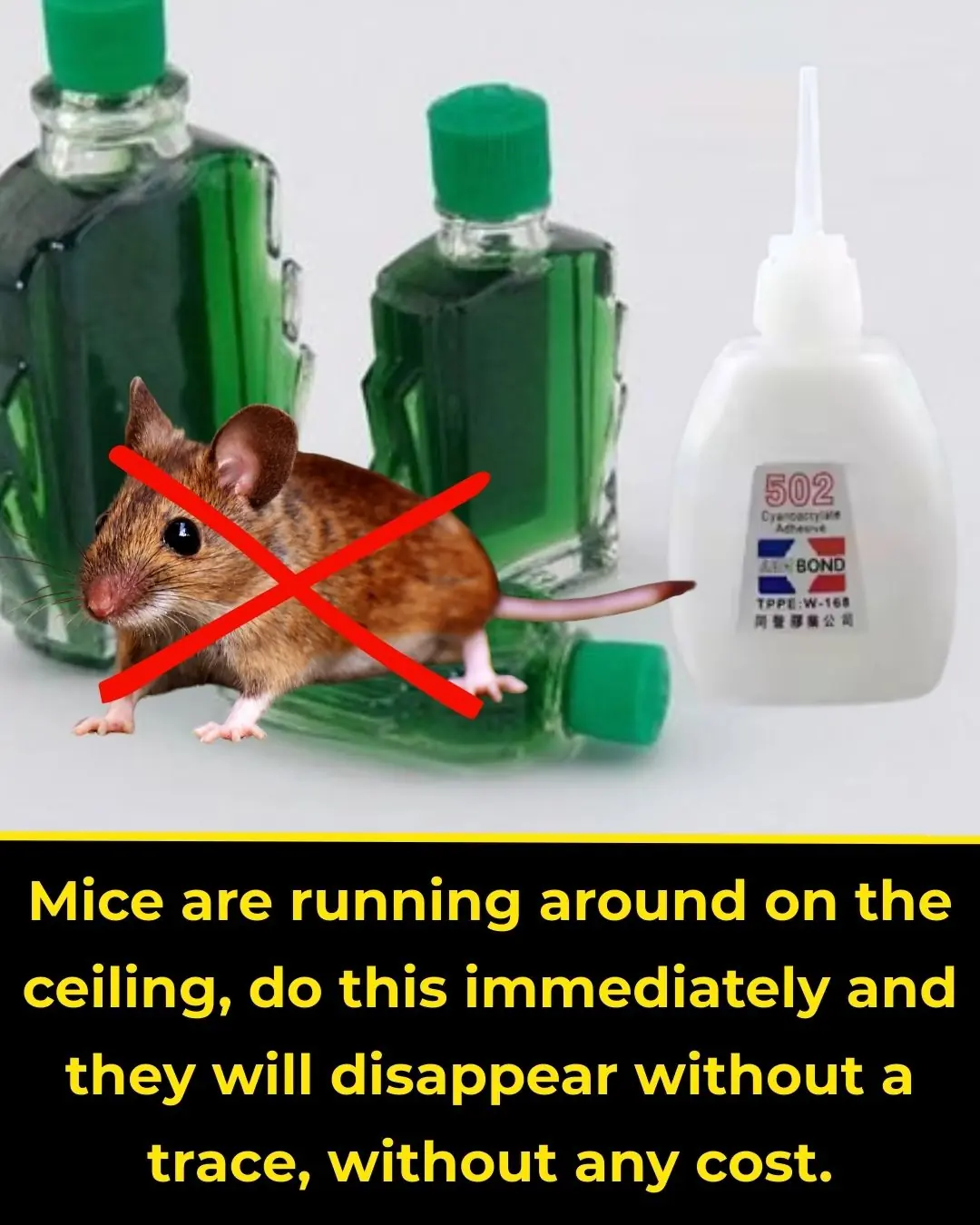
Mice are running around on the ceiling, do this immediately and they will disappear without a trace, without any cost.

Shingles Vaccine May Protect Against Dementia, New Study Suggests
Could a simple vaccine hold the key to protecting the brain against one of the most feared diseases of aging?

Foods Gout Patients Must Avoid at All Costs: Protect Your Health and Keep Painful Flare-Ups Away
Avoiding purine-heavy foods like organ meats, processed meats, certain fish, and yeast-based products can help reduce flare-ups and maintain joint health.

7 Household Appliances That Drain More Power Than Your Air Conditioner—And Why I Regret Owning Them All
From constant-use devices like refrigerators to high-powered kitchen tools, every household has hidden electricity traps.

Surgeons Face the Highest Mortality Risk Compared to Other Physicians, Study Finds
From elevated cancer rates to stress-induced cardiovascular disease, the profession carries health costs that demand greater awareness and intervention.

The Most Dangerous Time to Sleep: Why Going to Bed Late Can Harm Your Health
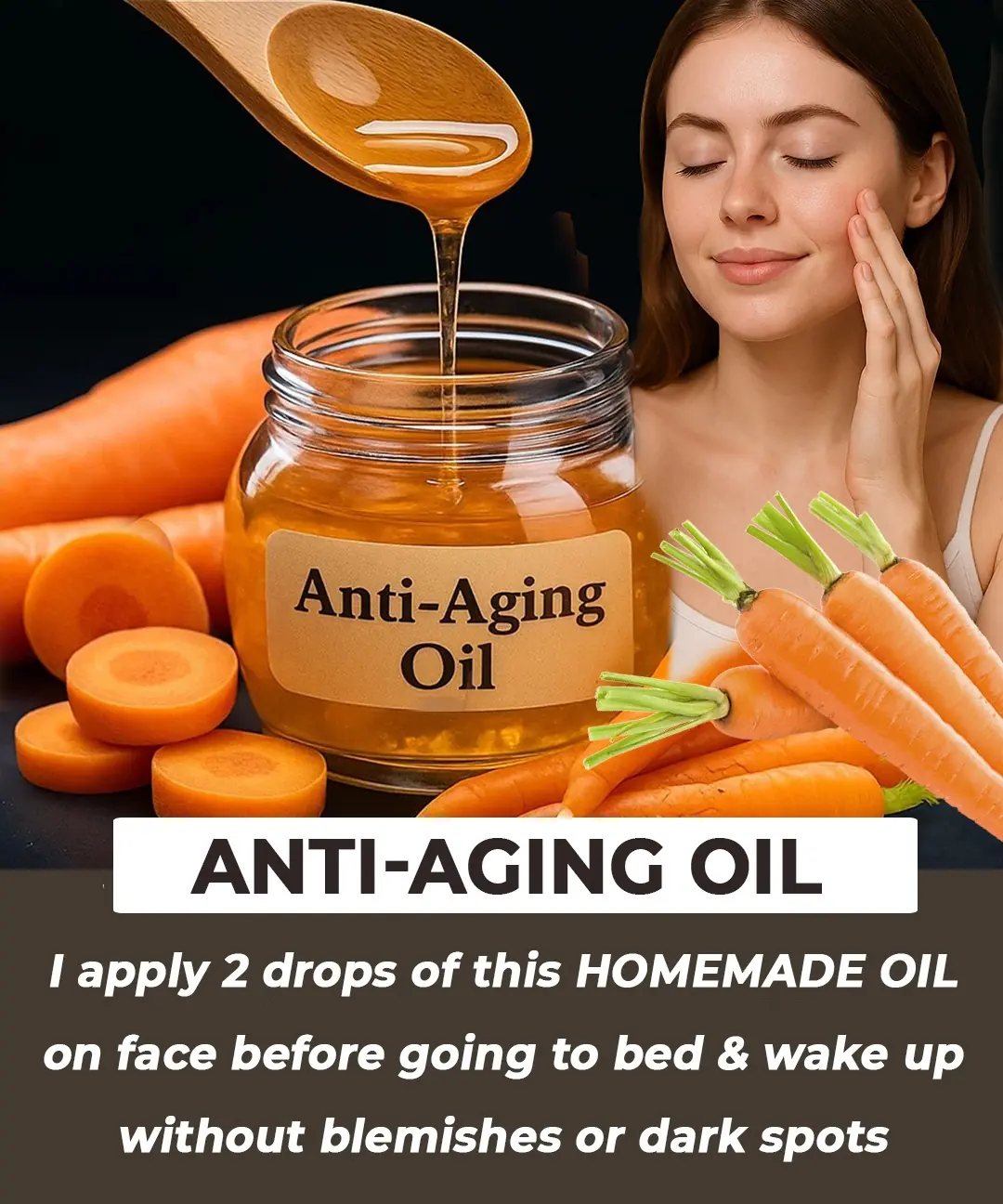
DIY Carrot Oil for Skin: Natural Remedy for Radiance and Anti-Aging
Homemade carrot oil is a simple, nutrient-packed solution for brighter, firmer, and deeply hydrated skin. Whether you choose the slow, nutrient-preserving sun infusion or the quick simmering method, this golden oil can rejuvenate your skin from the inside
